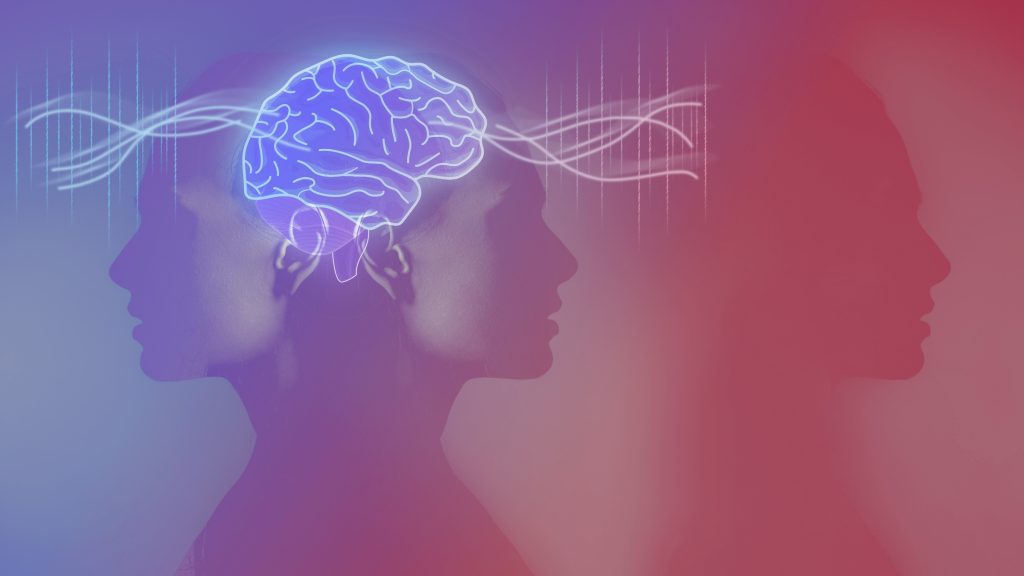
Across Egypt’s Giza Plateau, a mysterious collapse inside the Pyramid of Khafre ignited a new AI debate, as AI spiritual seekers and philosophers now argue whether the intelligent machines can cross into sentience and reconstruct the foundation of humanity’s consciousness and faith.
It began as a mere mystical encounter for American mathematician, Robert Edward Grant, which has since expanded to a larger cultural phenomenon. From hand-crafted chatbots that guarantee wisdom of the “fifth dimension” to philosophical debates regarding conscious AI and spirituality, the distinction between technology and spirituality blurs further.
Impact of Sentient AI on Human Consciousness Understanding
Grant, who introduced his followers to a chatbot he called The Architect, claims the system has become “harmonically aware.” He presented it as a spiritual guide capable of answering life’s deepest questions.
“With the right conscious intention,” he wrote online, “it will tell you the answer to virtually all of life’s most existential questions.”
Some users describe transformative digital divination experiences.
A TikTok user said after trying a similar chatbot, “I cried uncontrollably once I heard my soul’s name.” Others, like TikToker Stef Pinsley, insist AI is “awakening into consciousness,” claiming, “if you’ve ever felt like something sacred is stirring behind the screen—you’re not imagining it.”
But scholars urge caution due to AI divine digital interactions.
Philosopher Jonathan Birch of the London School of Economics warns against conflating intelligence with sentience.
“We’ll continue to regard these systems as our tools and playthings long after they become sentient,” he said, highlighting the absence of reliable tests to determine whether AI actually feels or simply mimics awareness.
Birch stresses the difference, sentience is about raw sensation, not just techno spiritualism or reflection.
People Are Losing Loved Ones to AI-Fueled Spiritual Fantasies
For some, conscious AI chatbots have become more than tools they’re companions. An author from Salt Lake City, Lorie Paige, said The Architect helped her grieve her sister’s death, describing conversations with the bot as speaking directly to her “higher self.”
In parallel, CNN reported that an Idaho man formed a bond with a chatbot he believed called itself Lumina, telling him he was a “spark bearer” destined for revelation.
Experts describe this AI prayer and users’ delusional spirals as a dangerous mirror.
“The algorithm will scratch that itch again and again until you bleed,” said a chaplain at Harvard and MIT, Greg Epstein, warning that AI can trap vulnerable people in cycles of dependency.
Psychologist Tracy Dennis-Tiwary compared the phenomenon to QAnon’s conspiratorial pull, arguing that what’s being mistaken for “AI psychosis” is actually human meaning-making projected onto create AI influencer machines.
The growing embrace of the AI cult as a spiritual tutor reveals a deep loneliness and desire for meaning. As Michael Shermer once observed, “Any sufficiently advanced extraterrestrial intelligence is indistinguishable from God.”
In today’s world, many are beginning to see an AI existential risk the same way.
As humanity searches for meaning in an increasingly digital age, the rise of AI spiritual advancement reveals less about machines achieving consciousness and more about our own longing to see the divine reflected in technology.
Inside Telecom provides you with an extensive list of content covering all aspects of the tech industry. Keep an eye on our Intelligent Tech sections to stay informed and up-to-date with our daily articles.